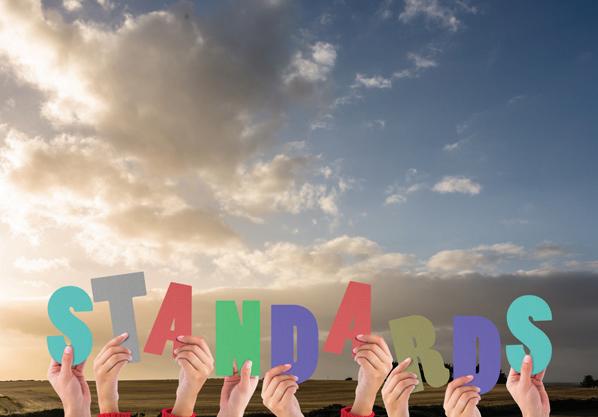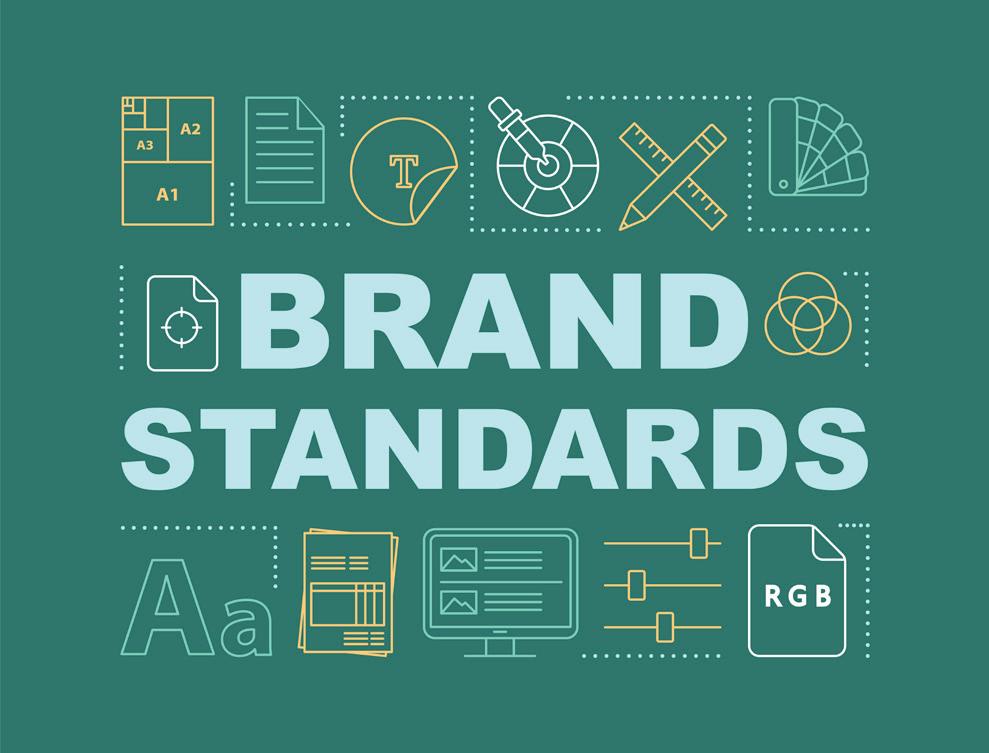
7 minute read
Reevaluating How Franchisors Address Brand Standards for Frontline Workers
matt goebel
A handful of social and cultural issues have come to the forefront over the past year.
These societal changes can have a major impact on brands based on how their target audience and employee’s attitudes shift over time. As a result, brands, especially franchisors, have been placed under extreme scrutiny to pay closer attention to workplace issues and reimagine compliance standards for their franchisee’s employees and their brand. franchisors must evaluate how they facilitate policies, procedures and brand standards from a top-down approach and switch to a more proactive approach that supports frontline workers representing the brand every day. This is no easy task given the liability posed by joint-employer policies. The separation between the relationship a brand shares with their franchisees, and the relationship between a franchisee and their employees, must be maintained in this process to make it easier to get brand standards to all. We aren’t proposing to change century-old policy; we’re instead looking to make the way it all works more efficient. Without a proper way to distribute and implement brand standards in an efficient and consumable manner, brands leave themselves vulnerable to inconsistencies which can damage brand image and impair long-term business growth.
Importance of consistent brand standards
Brand Standards are important for all businesses, especially in the franchise


model. Strong brand standards are essential to deliver a consistent guest experience and keep all employees on the same page. It is also a proven way to replicate success for the business owner / franchisee. These documents hold all of the information necessary for a franchisee to meet the standards required by the franchisor in the operation of their franchised business. It should contain detailed procedures, standards and other requirements instructing the franchisee in the operation of their business including training and compliance procedures. A well-drafted brand standards manual will not only make the brand more efficient, but it will also create consistency across locations. It’s critical for all levels of employees, from franchisors to frontline workers, to understand that what’s happening on the inside of an organization is often felt on the outside by its customers. In fact, consistent presentation of a brand has seen to increase revenue by 33%. With proper training and compliance protocols in place comes consistent operations leading to a consistent customer experience, which is crucial for business success.
Concerns in the current process
Executing and maintaining a successful social responsibility plan across a large and established franchise can be a challenge in itself but attempting to do so with an outdated execution strategy for compliance can be nearly impossible. The franchise model has many layers of management – from franchisors, franchisees and individual location managers to hourly employees. When messages are filtered down through a handful of team members across different locations it can produce a lack of accountability, thus, inefficient enforcement of standards.
Based on a long-standing separation of roles and responsibilities between the franchisor and franchisee, the franchisor provides standards, and the franchisees are responsible for implementing them at each of their locations. This means that the execution of training materials for anti-harassment, diversity and inclusion, and more, could be facilitated dozens, hundreds, or thousands of different ways depending on the size of the franchise. Furthermore, the franchisor typically only enforces these standards through periodic compliance checks with the franchisees. With each franchisee dictating the training process and frequency at their locations, it can produce inconsistencies that can lead to brand damage down the road.

Today more than ever, consumers are keeping a close eye on brands and how they respond to important issues related to employment opportunities, social justice, gender and race equality. As new social standards are set across the franchise industry and beyond, brands must start rethinking how information flows across their organization and locations and if they have the right systems and processes in place to efficiently and responsibly scale. Given that hourly employees are the face of each franchise brand and create the brand experience in the eyes of the customer, relying solely on periodic compliance checks to enforce brand standards is ineffective.
Social and cultural standards are ever changing but brands that bring focus to them now by reviewing and making adjustments in their operations will be better set up for success as standards continue to evolve. To streamline processes between franchisor and franchisees, brands need to rely heavily on strategies that help build open communication like investing in systems for operational efficiency and creating a positive workplace culture.
Frontline workers within the franchise model have the most interaction with customers. If they are not set up for success with proper tools, training and processes, a franchise cannot preserve consistent and healthy operations. Employees are only as strong as the tools they are given. Franchisors who play an active role in helping their franchisees facilitate the flow of announcements and information, so that all key policies and procedures are available to employees at all levels, at all times, will decrease brand liability while increasing consistency of execution.
Prioritizing effective communication
Today, technology is helping every brand disentangle and simplify operations. Investing in new technologies that have the ability to streamline communication across tens to hundreds or even thousands of locations with the ability to communicate directly with frontline employees will help brands be as dynamic and efficient as possible. Replacing various communication mediums like email, text message and phone calls with a reliable and consistent communication platform can eliminate the confusion and operational errors that stem from juggling too many communication touchpoints.
In addition to streamlining the flow of communication, it is equally as important for the brand to know who has and has not received and read their communications. This presents a conundrum for brands as they cannot be viewed as managing or exerting any employer control over the franchisee’s employees. To avoid entangling a brand, communication platforms will need to maintain clean separation of who is sending the communications and what data is visible to the brand. By having aggregated accountability data through the communication platform, it allows the brand to identify compliance issues more proactively while protecting themselves from joint-employer issues. The brand can identify issues with communication flow in real-time and hold their franchisees accountable in days instead of months. As society and culture change, franchisors’ responsibility as a brand leader is to adapt and stay ahead of the competition and remain relevant in the minds of target consumers. Brands that are proactive and get ahead of current social changes will be set up to succeed long term. By taking the time now to reevaluate not only the brand standards but also the way in which they are executed, a brand will be prepared to address potential political or legal changes of the future.
Matt Goebel is a multi-unit franchisee and the founder and CEO of Woven, an all-in-one workplace management tool for multi-unit franchising founded to keep franchise operators focused on growing their businesses. Today, the Woven platform delivers accountability, consistency, and productivity to all of its customers, including Planet Fitness, Massage Heights, Sun Tan City, and more. Visit www.startwoven.com or follow @Woven on LinkedIn for more information.
A-Z LISTINGS ARE A GREAT WAY TO PROMOTE YOUR BUSINESS
BuSINESS fINANCE dEPOT Business Finance Depot specializes in packaging equipment leases and SBA express Working Capital loans for start-up and existing businesses. Our main clients are franchisors seeking financing for their new franchisees and manufacturers seeking financing for their equipment purchases. Our company also works with SBA 7(a) lenders, alternate financing sources, crowd funding financing sources and companies that specialize in using retirement funds to capitalize a new business. Please visit our website for more information. Website: www.businessfinancedepot.com email: paul@businessfinancedepot.com Phone: (800) 788-3884 Contact: Paul Bosley

Making an appearance every month in Franchising USA magazine. Each detailed, 4 color A-Z listing comes with a 150 word write up and your logo. Excellent for branding and recognition.
Choose a 12 or 6 month package or simply add the A-Z directory onto your FOCUS, PROFILE or Ad!
To learn about the a-z directory or any other products, please contact Vikki Bradbury: vikki@cgbpublishing.com










